Clinics We Offer
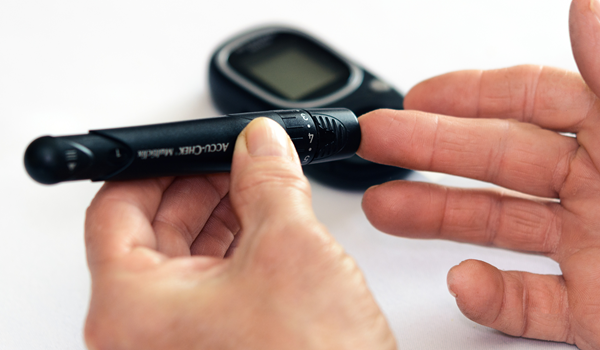
Nurse Clinics
Our Practice Nurses and Healthcare Assistants are on duty during surgery hours offering pre-bookable appointments. Please book appointments through Reception, where you will be offered an appointment with an appropriately trained person.
All of our Nurses can provide general health advice, wound care, staple and suture removal, vaccinations, travel advice, cervical smears, and chronic disease reviews.
We have Healthcare Assistants (HCAs) who support and compliment the Registered Nurses within the Practice.
The HCAs have been trained in the following - Basic wound care, staple and suture removal, phlebotomy, NHS checks, annual health checks, chronic disease reviews, Flu, Pneumonia, Shingles, and B12 injections.
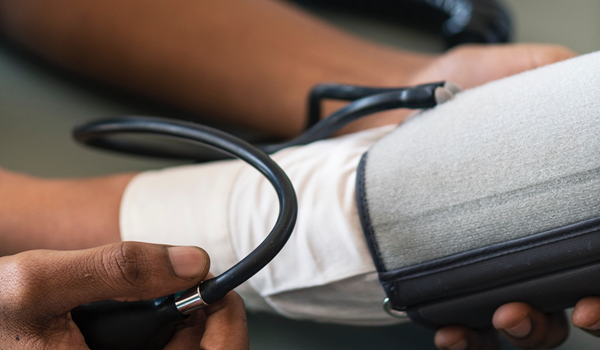
Health Checks
Any patient between the ages of 16 and 74 who has not attended a consultation with the Practice in the last 3 years can request a general consultation. Patients over 75 who have not participated in a consultation in the last 12 months can also request a consultation. This can take place in the patient's home if, in the reasonable opinion of the Practice, it would be inappropriate for the patient to attend the Practice premises. New patients are also offered a health check with the Healthcare Assistant.

Ear Syringing
Following an ear check with a HCA, this service may be offered.

Cervical Smear Tests
These are recommended for all women between 25 and 64 years. These checks are recommended at a three yearly interval between the ages of 25 – 50 years and five yearly between 50 – 64 years.

Children’s Vaccinations
Child development checks are carried out by the GP between the ages of six and eight weeks by appointment in normal surgery time.
Immunisation protection is available against Diphtheria, Tetanus, Poliomyelitis, Whooping Cough, Measles, Mumps, Rubella and Meningitis C, Hib and Pneumococcal.
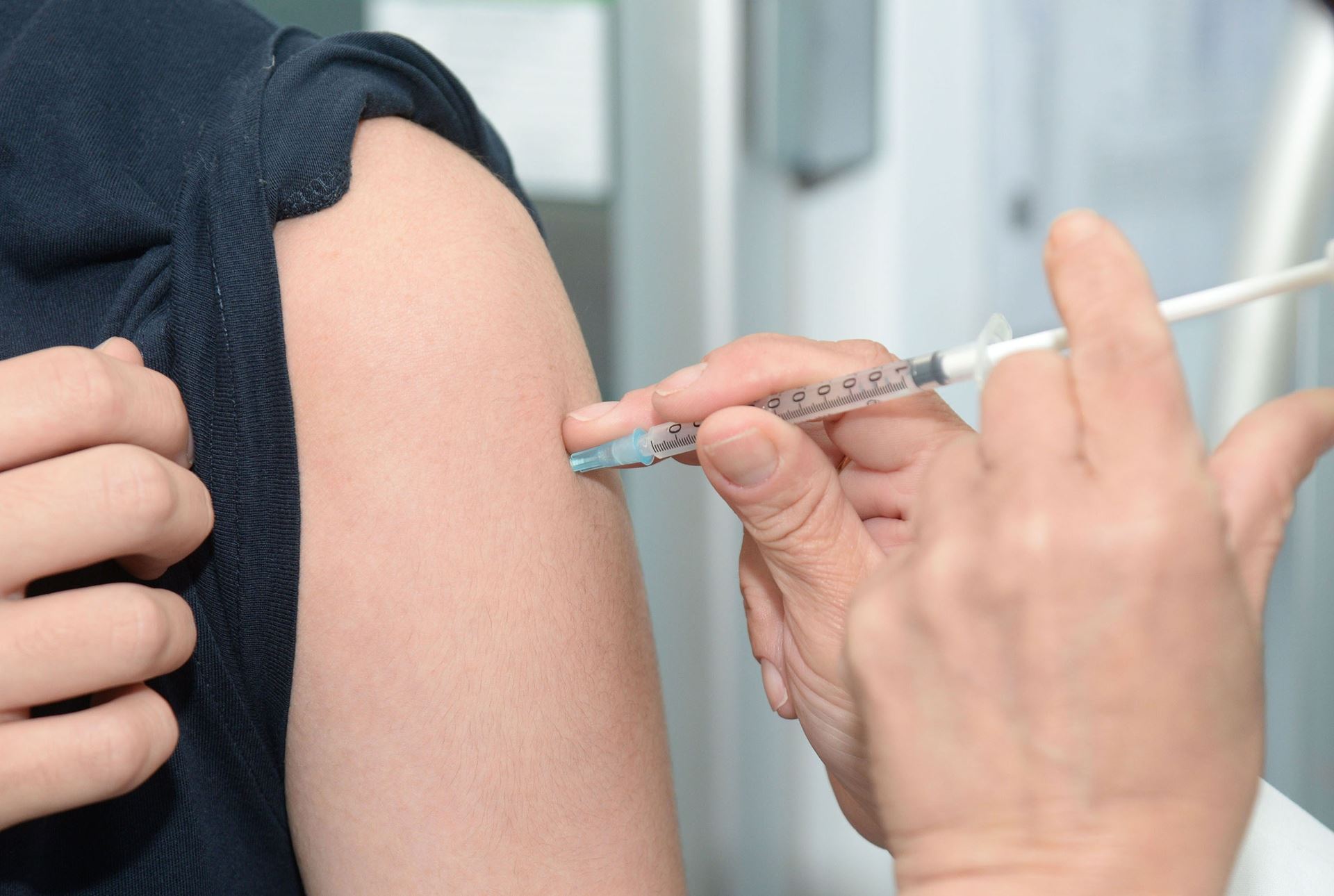
Adult Vaccinations
If routine vaccinations and travel immunisations are required, please enquire at Reception. You will then be advised of the vaccinations you need and an appointment can be made with the Practice Nurse. We advise you to arrange your appointment 3 months in advance of your travel to discuss requirements.
We offer flu vaccinations ordinarily in October – December, for both patients aged 65 and over and patients under 65 who have certain medical conditions. For further information please ask a member of staff.
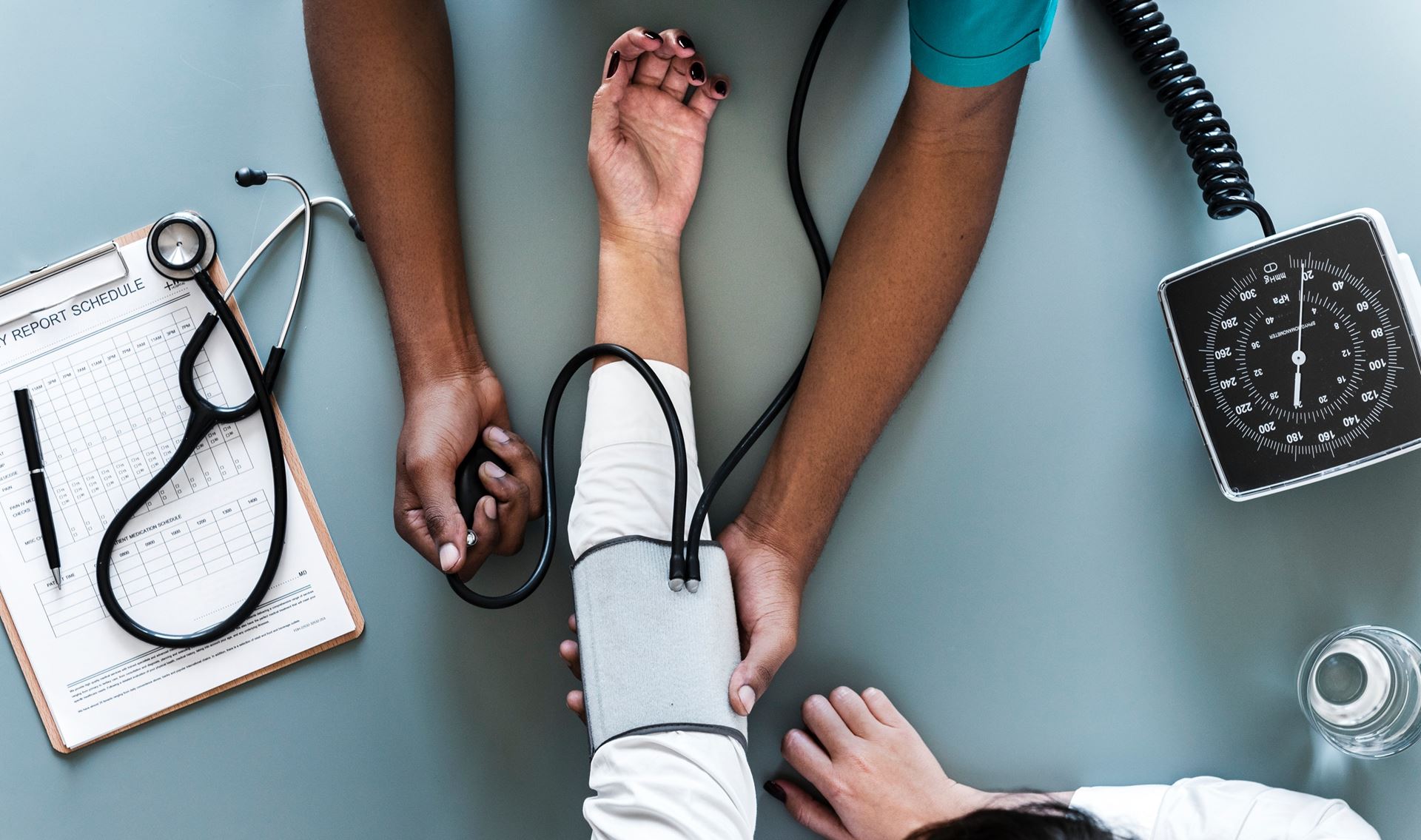
High Blood Pressure
This is usually silent and produces no symptoms until a disaster happens. We recommend at least three – yearly blood pressure screening, with follow – up if high blood pressure is found.
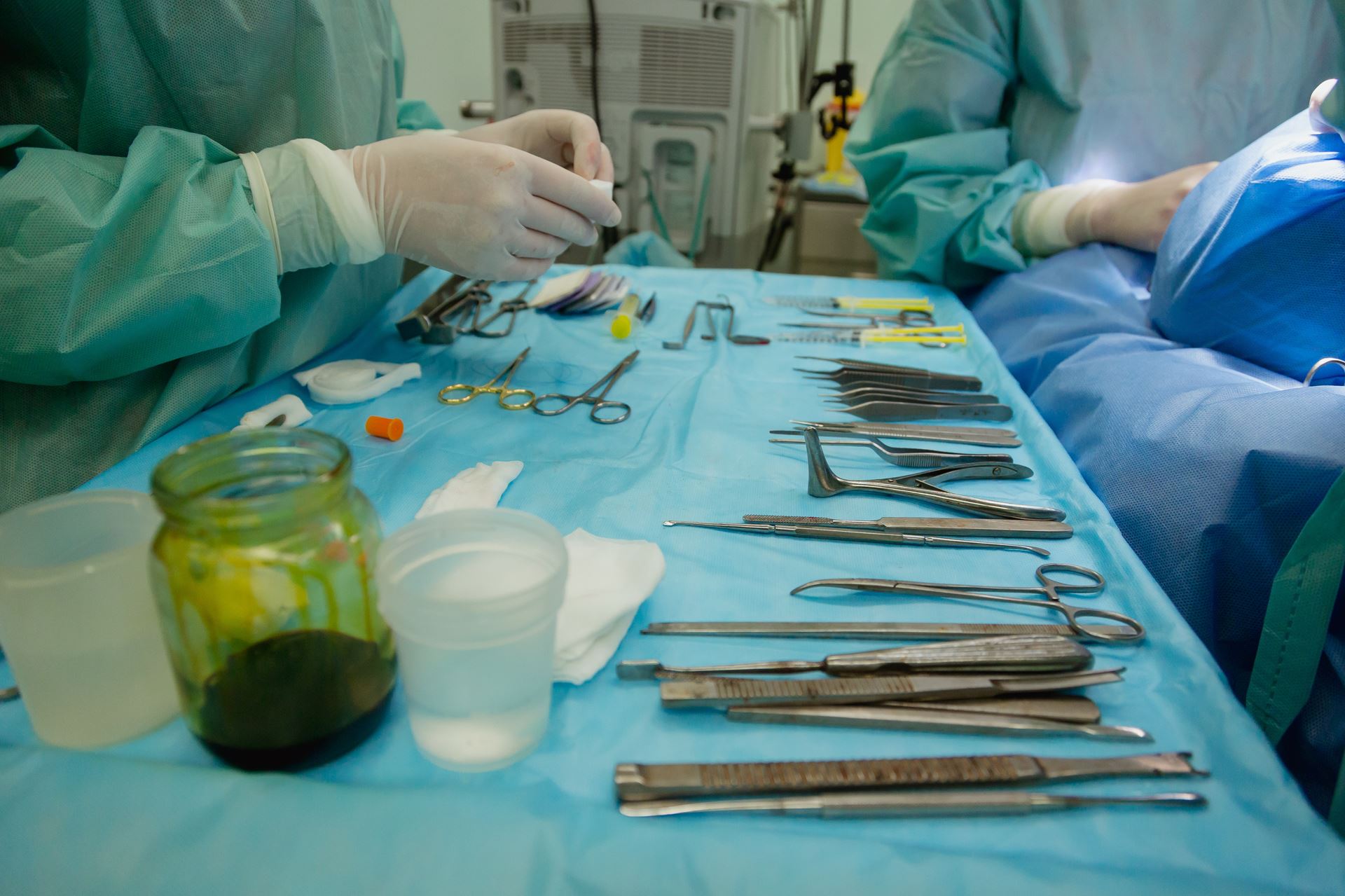
Minor Surgery
Ours doctors perform minor surgery in our fully equipped treatment room. We do not treat anything that requires general anaesthesia but will do lumps and bumps removal as well as warts etc. Please ask the reception staff for more information.

For Men
All men can attend for an annual check with the nursing team. This includes advice on testicular self-examination, diet, exercise, alcohol intake, blood pressure, urine and weight checks. If you have not had one, please make an appointment. If you have family history of heart disease or stroke we will also check your cholesterol level and advise you.
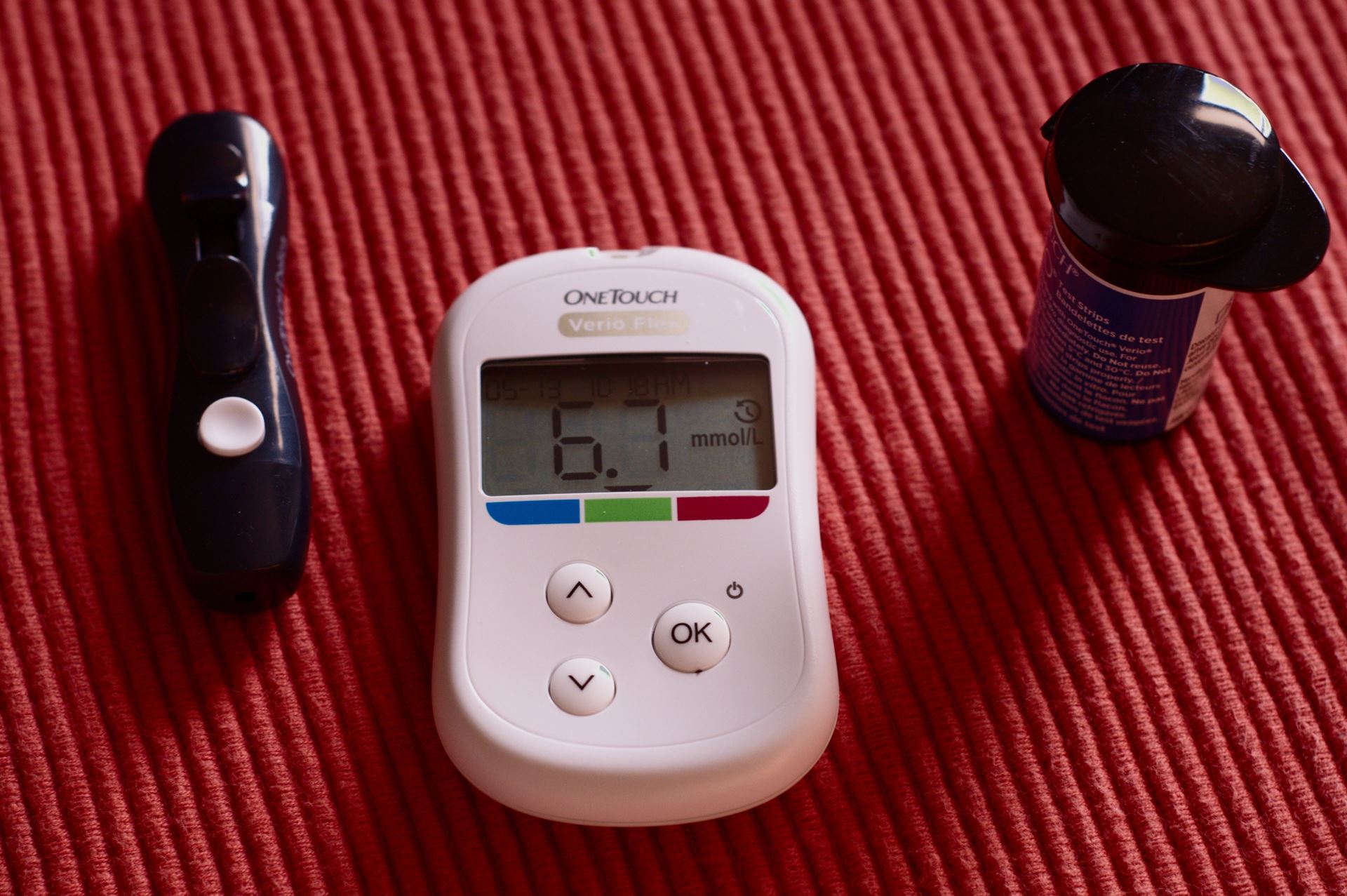
Diabetic/Asthma/COPD/Heart Care Clinics
We run clinics to promote good health and prevent complications for our patients with chronic diseases. Please attend your check so we can ensure your condition is managed effectively.

Spirometry
The Practice Nurses provide Spirometry and reversibility for patients with breathing problems such as asthma or COPD. They will advise you if Spirometry is required when you attend for your annual respiratory check.

ECG
The practice provides ECGs during normal surgery time. If appropriate a GP will suggest an appointment for an ECG with the Practice Nurse.

Teenagers
We offer confidential treatment to all teenagers including contraceptive advice.
Home Visits
Although a traditional part of general practice, home visits are time consuming. Please remember that several patients can be seen in the practice in the time that it takes to make one home visit. So please help us to help you and our other patients by visiting the surgery whenever possible.
Please note we also have better lighting, equipment, facilities, chaperones and access to medical notes available to aid your management in the surgery as well as performing tests and diagnostics.
Home Visits are reserved for the following groups of patients:
- Terminally ill;
- Housebound;
- Patients who are severely ill in bed;
The local Lincolnshire LMC guidance states –
The LMC recommends that GPs should visit patients in their homes if they feel that they are medically unfit to travel to the surgery. It is important that practices triage requests for home visits for necessity and urgency, so that they can be appropriately managed.
However, there are a number of reasons why home visiting may be detrimental to patients -
- It can delay clinical assessment, as visiting cannot be carried out on an emergency basis, whereas assessing patient in the surgery can be.
- Travelling to and from home visits can delay clinical assessment as the doctor may not be able to locate the patient’s address as quickly as the patient can attend the surgery.
- Travelling to and from home visits, when clinically not needed, could prejudice the care of patients in the surgery, as the absent doctor will not be able to treat routine or emergency patients whilst away from the surgery.
- Equipment for assessment and treatment by a GP which is portable to a patient’s home is not as effective as the equipment in the surgery.
- The environment in a patient’s home is not ideal for clinical examination and assessment.
The LMC advises practices that reasons other than being medically unfit do not constitute a reason to perform a home visit. These reasons may include -
- Transport issues for the patient - It is not the GP practices responsibility to arrange transport, or to perform home visits because the patient has difficulty arranging transport. In these circumstances patients should seek transport help from relatives, friends, or taxi firms.
- Childcare issues for a patient - If a patient has difficulty arranging for someone to care for their children whilst attending appointments, the patients are welcome to bring their children to the surgery.
- Poor mobility - Whilst it is understood that having poor mobility is inconvenient and unpleasant, GP surgeries are designed to cater for patients with restricted mobility. If patients are able to attend appointments at other healthcare settings, then they should also be expected to attend appointments in GP surgeries.
- The unwell child - Children with a fever will not be made worse by transporting a child to a place of care. It is in the best interest of the child to attend the surgery where they can be properly assessed and treated. o If a parent believes that the child is too unwell to travel to a surgery, then it would be advisable for them to seek help from the emergency services by calling 999. If the GP feels that attending the child at home, based on the clinical history, may prevent delay in treatment because of distance from available ambulance services, then they should attempt to do so.
- Residents of care home - Care home residents are no different to patients in their own homes. The need to visit should be based upon clinical need, not the availability of transport or staff to attend the surgery. It is the responsibility of care facilities to make transport available for residents so that they can get to medical and non-medical appointments.
Page created: 01 April 2020